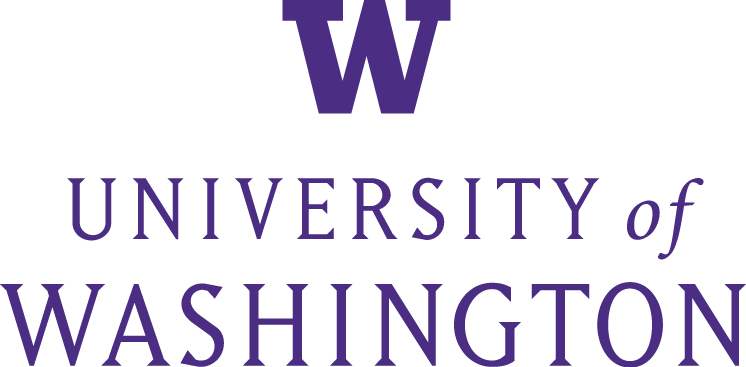University of Washington: Creative Destruction Lab joins UW Foster School of Business, establishing CDL-Seattle
Creative Destruction Lab, a nonprofit organization for massively scalable, seed-stage, science- and technology-based companies, will launch its third U.S.-based location, CDL-Seattle, this fall. Based at the UW’s Foster School of Business, CDL-Seattle will be a partnership with Microsoft Corporation, the UW College of Engineering, Paul G. Allen School of Computer Science & Engineering and CoMotion, UW’s collaborative innovation hub. The initial area of focus for CDL-Seattle is computational health.
“The rapid growth of new machine learning applications focused on enhancing human health combined with innovations in sensor technology and other complements has created a flood of new entrepreneurial opportunities that will benefit society,” said Ajay Agrawal, founder, Creative Destruction Lab, and professor at the University of Toronto’s Rotman School of Management. “We’re thrilled to partner with one of the world’s great research institutions, the University of Washington, located in such a vibrant hub of global leaders in technology commercialization — the Seattle region.”
In January 2020, UW Provost Mark Richards announced the formation of the UW Innovation Roundtable, comprised of some of the region’s leading venture capitalists, angel investors and innovation leaders. One of the roundtable’s working groups, co-chaired by Emer Dooley, Pat Hughes Faculty Fellow at Foster, and Bill McAleer, founder of Voyager Capital, focused on identifying and assessing the best accelerator model to implement at UW. They evaluated five different models and selected Creative Destruction Lab as the best option.
A partnership of investors — Artie Buerk, Neal Dempsey, Bill McAleer, Rob Short and Steve Singh — backed CDL-Seattle, helping the initiative gain early momentum.
“I view CDL as an engine for scaling and funding deep-tech companies, which supports our brand of having an ‘innovation mindset,’” said Frank Hodge, the Orin and Janet Smith Dean of the UW Foster School of Business. “It will also offer students a highly experiential, hands-on entrepreneurial education and opportunities to work with startups in an objectives-based accelerator.”
Over nine months, CDL’s program provides a marketplace for technical startup founders to learn from the insights of experienced entrepreneurs, increasing their likelihood of success.
The first focus area of computational health is well suited to the strengths of UW and the strength of the region in terms of computing, medicine and life sciences. While the past decade saw increasing use of digital health technology, the next decade will center on artificial intelligence and edge computing, with the proliferating use of health sensors. The field of computational health exists at the interface of biomedical signal processing, computational modeling, machine learning and health informatics to drive innovation in research, clinical and customer-facing applications.
“CDL-Seattle is the missing link in the UW innovation ecosystem and our region,” said François Baneyx, director of CoMotion, UW Vice Provost for Innovation, and the Charles W.H. Matthaei Professor of Chemical Engineering. “It has the potential to transform and unify research and commercialization activities in the computational health space and will help establish Seattle as a center of gravity for these sectors, while growing the strengths we already have here.”
Emer DooleyUniversity of Washington
“Think of computational health as a powerful tool in unraveling a complex big-data puzzle,” said Dooley. “Whether it’s mapping the immune system, mining population health data to address inequity, or helping optimize individuals’ health care, AI and machine learning are essential tools. Washington state has incredible cloud computing, AI and machine learning expertise and a vibrant biotech sector. We need to bring the two closer together.”
Experienced entrepreneurs who have founded, led and sold successful tech companies, along with world-leading scientists, engineers and economists, will serve as mentors to participating startups. In addition, UW students and faculty will have an opportunity to apply their expertise and learning to advance science- and technology-based companies in computational health. The successful commercialization of cutting-edge science and technology achieved through CDL, which began in Toronto, has already led to the creation of over $8 billion Canadian dollars in equity value.

